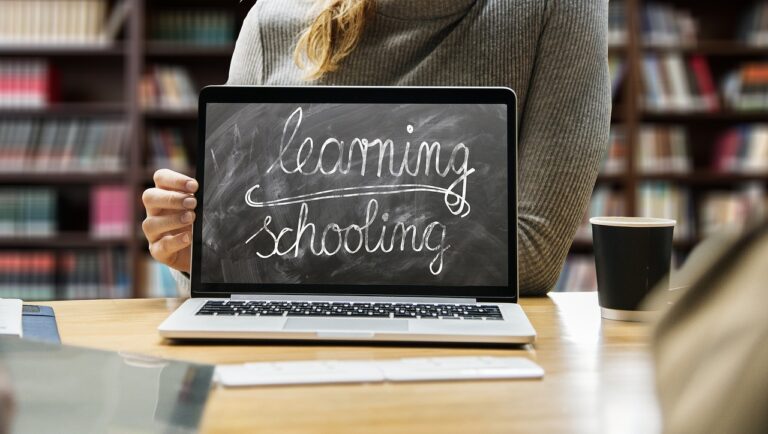Exploring the Role of Social Justice Education in Curriculum Development: 11xplay.com login, Lesar 247.com, Tiger 247 login
11xplay.com login, lesar 247.com, tiger 247 login: In today’s ever-evolving world, the role of education in promoting social justice has become more critical than ever. As educators, we have a responsibility to ensure that our curriculum reflects diverse perspectives and addresses issues of equity and inclusion. By integrating social justice education into curriculum development, we can empower students to become active and informed citizens who are equipped to create positive change in society.
Why is Social Justice Education Important in Curriculum Development?
Incorporating social justice education into curriculum development is essential for several reasons. Firstly, it helps students develop a deeper understanding of the complex social issues that impact our world. By exploring topics such as racism, sexism, and economic inequality, students can gain a more comprehensive view of the challenges facing our society.
Additionally, social justice education promotes empathy and compassion among students. By learning about the experiences of individuals from diverse backgrounds, students can develop a greater sense of empathy and understanding for others. This, in turn, can help create a more inclusive and equitable learning environment.
Furthermore, social justice education can help students become more critical thinkers. By examining the root causes of social injustices and exploring different perspectives, students can learn to analyze information and form their own opinions based on evidence and reasoning.
How can Social Justice Education be Integrated into Curriculum Development?
There are several ways that educators can incorporate social justice education into curriculum development. One approach is to include diverse voices and perspectives in the materials and resources used in the classroom. By diversifying the curriculum, educators can expose students to a range of viewpoints and experiences.
Another strategy is to incorporate discussions and activities that address social justice issues directly. For example, educators can facilitate group discussions on topics such as privilege, discrimination, and allyship. By creating a safe space for dialogue, students can engage in meaningful conversations about social justice issues and learn from one another.
Additionally, educators can incorporate service-learning projects that focus on social justice issues. By engaging in hands-on experiences, students can apply their knowledge and skills to address real-world challenges in their communities. This type of experiential learning can be a powerful way to foster social responsibility and civic engagement among students.
FAQs
Q: How can educators address resistance to social justice education in the curriculum?
A: Educators can address resistance to social justice education by promoting open dialogue and creating a safe space for discussion. By listening to concerns and addressing misconceptions, educators can help build understanding and support for social justice education.
Q: How can parents support social justice education in schools?
A: Parents can support social justice education by advocating for inclusive curriculum and resources, participating in school events and discussions, and engaging in conversations with their children about social justice issues.
In conclusion, social justice education plays a vital role in curriculum development. By integrating diverse perspectives, promoting empathy and critical thinking, and engaging students in meaningful experiences, educators can empower students to become agents of change in creating a more just and equitable society.







